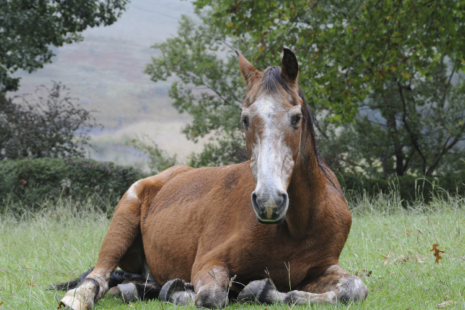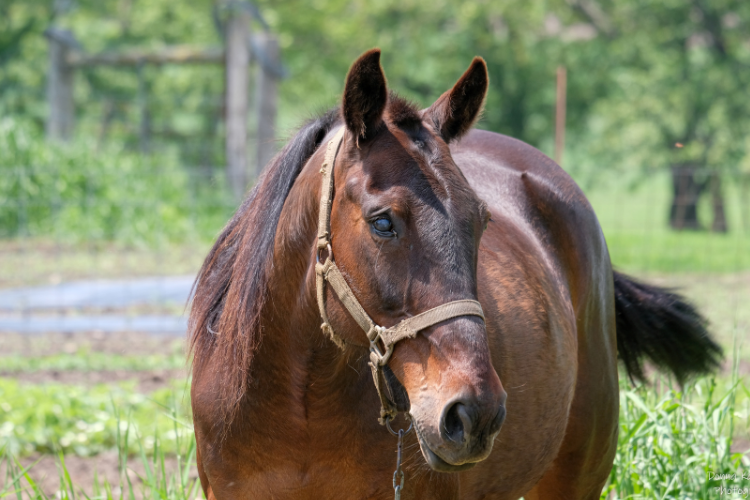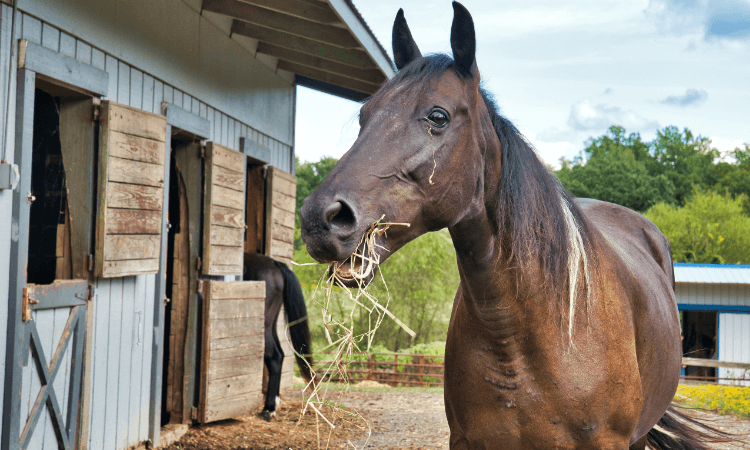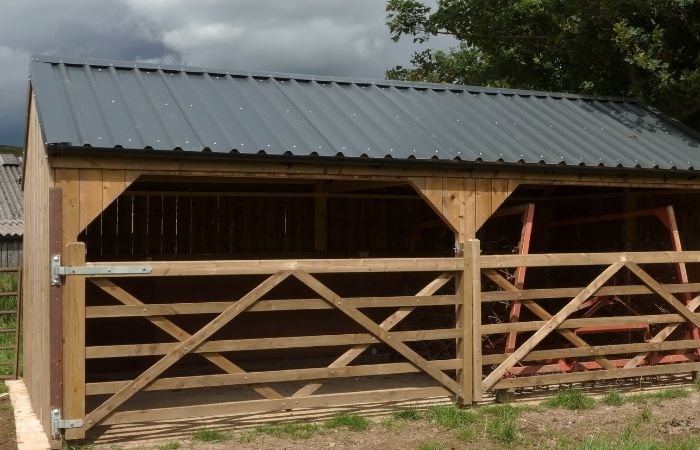Wednesday 27th April, 2022

Horses today live longer than they have in history. In fact, a domestic horse can live up to the grand old age of 62. To put that into perspective, that’s just a decade short of the global average human life expectancy. Sure, this is great news for all equine lovers everywhere. However, this also means that our equine friends require more love, attention and care as they start getting up there in years. Never fear! Caring for old horses isn’t rocket science.
Read on for the full lowdown on how to take care of an old horse.
Firstly, it’s good to get a rough idea of when a horse is considered a veteran. Well, there are two ways we can look at it. The first is to define their age in calendar years. Usually, a horse will be deemed a ‘senior’ once they reach 15+ years of age. However, if humans are any example to go by, there are no hard and fast rules when it comes to ageing.
Thanks to improvements in nutrition and veterinary care, the horse life expectancy has increased. In turn, this has changed the point at which a horse is considered elderly. The average horse will live between 25 and 30 years, some into their 40’s. In fact, it is not uncommon for a horse well into its late teens or even twenties to show no noticeable signs of ageing. In some cases, aged horses continue performing at exceptionally high levels and can give their younger counterparts a run (or should we say gallop?) for their money.
Though, a slightly more accurate way to measure your horse’s age is to look at their physiological age, instead of the number itself. Physiological age is a measurement of health that uses functional norms to measure ageing, such as genetics, the breed, the effectiveness of the immune system and muscle tone.
Whichever way we choose to look at it, every horse is individual. With this in mind, it’s sensible to take into account both your horse’s actual age and physiological age to determine if your horse has moved into the second half of life. This then begs the question of when is a horse too old to ride? We’ll dive into this below.

At a certain point, your horse will have to retire from the saddle. After all, riding your horse too late in their life can cause a myriad of health issues – whether it’s slight joint pain, degenerative joint disease or just simply tiring easily. With that in mind, it’s important to know when a horse is too old to ride regularly.
Usually, your horse is too old to ride regularly once they are between 20 to 25 years old. Although, it’s best to speak to your vet to establish what your horse is capable of.
So, how do you take care of an old horse? Well, here are some old horse care tips to keep in mind when caring for old horses.
It’s no secret that with advancing age comes a plethora of potential medical issues – many of which can be exacerbated by dehydration. So, it’s important to check an elderly horse’s hydration daily.
For older horses, a simple ‘skin pinch’ test just won’t cut it. Instead, give the inside of your horse’s mouth a wipe. If the upper lip doesn’t feel moist with saliva, your horse may be dehydrated.
Veteran horses can sometimes be reluctant to drink, especially during the winter. It’s your job to make sure your horse stays hydrated – be it adding salt licks to each stall or feeding wet grain.
Feeding old horses can be tricky, as their dental condition will naturally decline. A veteran horse may have a tough time grazing and chewing its feed as efficiently as it used to. In such cases, it’s wise to feed your horse separately to make sure they are getting enough to eat.
Another top tip for feeding old horses: consider adding water to make your horse’s feed palatable and, more importantly, easier to eat. Plus, this will help support your horse’s intestinal function and reduce further dental problems.

We all know how important it is to worm a horse. But as your horse starts to get grey-haired, you need to make sure you deworm your horse around every two months. This includes treating your horse for tapeworms in most areas twice a year.
Just remember to only treat your horse for worms when it’s necessary, as ’overtreating’ will gradually reduce the effectiveness of treatments. Read our blog on how to worm a horse to learn more.
Even if you can no longer ride your horse, it’s important to keep your horse healthy and active. Part of keeping your horse as mobile as possible will involve consulting with an experienced farrier to find the best grooming and hoof care schedule for your horse. At the end of the day, you want to make sure your horse is able to still move around comfortably, even during their veteran years.
Let’s face it, the older your horse gets, the less efficient its immune system will be. Boosting your horse’s immune system is a vital part of caring for old horses. Sometimes older horses have more severe reactions to vaccinations. To minimise immune dysfunction and reduce the risk of infection, provide adequate supplies of vitamins and antioxidant minerals. Again, it’s sensible to seek advice from your veterinarian.
Field shelters provide suitable protection against the elements – be it the sun, rain wind, or snow. Also, consider blanketing your older horse when the weather takes a turn for the worse. When it’s scorching hot, provide a stable fan and regularly hose your horse down.

We hope these old horse care tips will help you keep your horse as healthy and active as possible. But we get that caring for old horses isn’t always easy. After all, as your horse starts getting grey-haired, you may find that their stabling needs drastically change. At Vale Stables we can help you find the right stabling solution for your senior horse. Simply call us on 01789 766 533 or get a quote today.